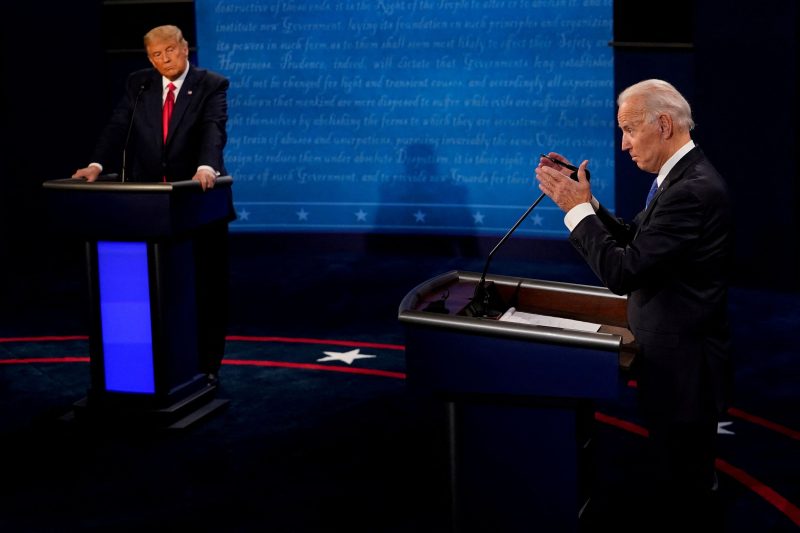In the realm of politics, debates have long been considered a crucial battleground for candidates to showcase their ideas, policies, and leadership capabilities. Debates serve as a platform where potential voters can observe and evaluate candidates in action, allowing them to make informed decisions about who they believe is best suited to lead.
The impact of debates on voter sentiment cannot be overstated. They have the power to sway undecided voters, solidify support among existing supporters, and even change the course of an election. Debates provide an opportunity for candidates to directly engage with each other, challenge each other’s positions, and defend their own. This back-and-forth dynamic allows viewers to compare and contrast candidates in a way that is not always possible through traditional campaign tactics.
One of the key features of debates is their ability to highlight differences in policy and ideology between candidates. By engaging in direct dialogue, candidates are forced to articulate their positions clearly and concisely, giving voters a clearer understanding of where they stand on important issues. This can help voters make more informed decisions about which candidate aligns most closely with their own values and priorities.
Moreover, debates can reveal candidates’ temperament, communication skills, and ability to think on their feet. How a candidate responds to tough questions, stays composed under pressure, and effectively communicates their ideas can have a significant impact on how voters perceive them. A strong debate performance can boost a candidate’s credibility and likability, while a weak performance can raise doubts about their suitability for office.
While debates can be influential in shaping voter sentiment, it’s important to note that their impact is not always straightforward. Factors such as media coverage, public perception, and the overall political climate can all influence how debates are perceived and interpreted by the electorate. Additionally, some voters may be less swayed by debates and instead rely on other sources of information to inform their voting decisions.
In conclusion, debates play a unique and vital role in the political process. They offer a platform for candidates to engage with each other and with voters directly, allowing for a more transparent and dynamic exchange of ideas. By showcasing their policy proposals, leadership qualities, and debating skills, candidates have the opportunity to sway undecided voters, solidify support, and potentially change the trajectory of voter sentiment. As such, debates remain a cornerstone of modern democratic elections, providing a crucial forum for candidates to make their case to the electorate.

